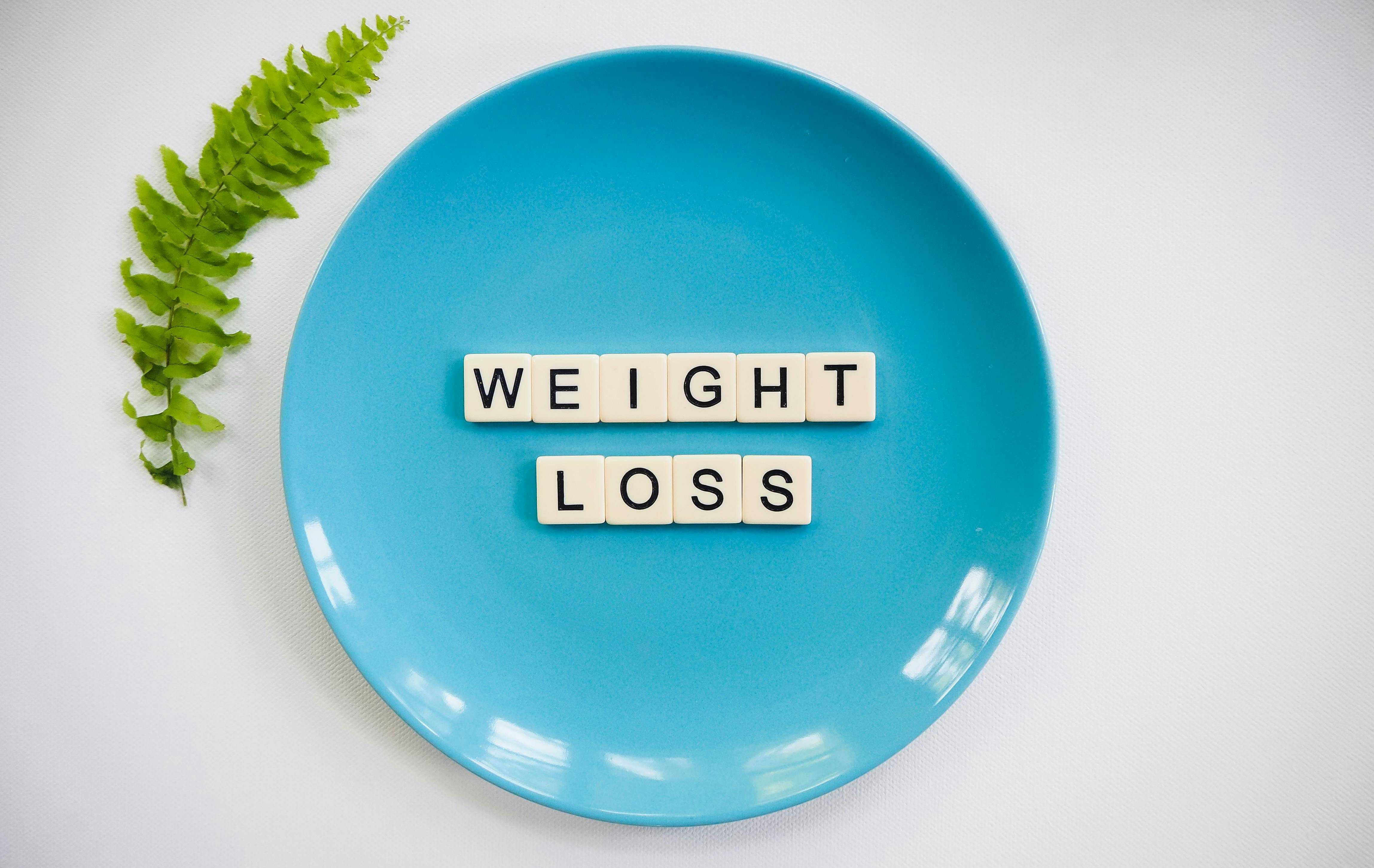
Complete Guide to Understanding the Key Differences Between Diet Coke and Coke Zero in 2025
As the soft drink market evolves, consumers are increasingly discerning about their beverage choices. Among the most popular options are Diet Coke and Coke Zero, both offering low-calorie alternatives to traditional soda. But what are the key differences between these two drinks? This comprehensive guide dives into the unique characteristics of each, helping you make informed decisions based on taste, ingredients, health effects, and more.

Understanding the distinctions between Diet Coke and Coke Zero is essential for health-conscious consumers and soda enthusiasts alike. Both beverages cater to those looking to reduce their sugar intake, but they have fundamentally different formulations and marketing strategies. By the end of this article, you'll gain insights into their respective tastes, nutritional information, and consumer preferences, along with the latest trends in the soft drink industry.
This guide will address the following main points:
- Ingredients and nutritional comparisons
- Taste profiles and consumer feedback
- Health effects and calorie counts
- Marketing and brand strategies
- Beverage trends and consumer preferences
Let's start by exploring the ingredients and nutritional differences between these two iconic beverages.
Ingredients and Nutritional Comparison of Diet Coke and Coke Zero
Analyzing the Ingredients of Diet Coke
Diet Coke was first introduced in 1982 as a low-calorie alternative to traditional cola. Its formulation includes carbonated water, caramel color, aspartame, phosphoric acid, and caffeine, which together create a unique flavor profile that many consumers have come to enjoy. With a sugar content of 0 grams and only 1 calorie per serving, it appeals to those looking for a refreshing drink without added sugars.
Understanding the Ingredients of Coke Zero
Coke Zero, launched in 2005, targets a similar audience but with a distinct taste experience. It uses ingredients such as carbonated water, caramel color, aspartame, potassium citrate, and caffeine. Interestingly, Coke Zero contains a blend of both aspartame and acesulfame potassium, designed to mimic the taste of classic Coca-Cola more closely. Like Diet Coke, it also boasts a zero-calorie profile, with 0 grams of sugar.
Nutritional Information: Key Differences
When comparing the nutritional information of Diet Coke and Coke Zero, both beverages are similar in calories and sugar content. However, the presence of different sweeteners affects the overall taste and consumer perception. Diet Coke’s use of aspartame gives it a lighter flavor, while Coke Zero’s combination of sweeteners is engineered to replicate the taste of regular Coca-Cola more accurately.
Calorie Counts of Diet Coke vs. Coke Zero
Both drinks have made a name for themselves in the world of low-calorie drinks. Diet Coke typically has about 1 calorie per 12 oz serving, while Coke Zero holds true to its zero-calorie branding. This makes them enticing options for calorie-conscious consumers. However, health concerns surrounding artificial sweeteners lead many consumers to research their impacts further.
Health Effects: What to Consider
The health effects associated with Diet Coke and Coke Zero largely stem from their common ingredient: aspartame. Studies have shown mixed results regarding the long-term impact of aspartame on health, leading to debates among researchers and consumers alike. Additionally, both sodas have been scrutinized for their potential connection to increased cravings for sweets and weight management issues.
Having established the foundational aspects of ingredients and nutrition, the next logical step is to investigate the taste profiles of Diet Coke and Coke Zero, and how they align with consumer preferences.
Taste Profiles: Diet Coke vs. Coke Zero
Diving into the Taste of Diet Coke
Diet Coke offers a unique flavor that sets it apart from other sodas. Its lighter and crisper taste can be attributed to its formulation, making it a favorite among those who appreciate a less sweet drink. Consumer feedback frequently highlights its refreshing qualities, particularly on warm days or during physical activities.
Coke Zero Taste: A Closer Look
On the other hand, Coke Zero aims to capture the classic Coca-Cola flavor without the calories. Many consumers report that Coke Zero tastes closer to traditional cola than Diet Coke, due in part to its blend of sweeteners. Taste tests often showcase Coke Zero’s ability to satisfy cravings for sugary drinks, making it a popular choice among those transitioning from regular soda.
Consumer Reviews: Preferences and Feedback
Consumer feedback plays a critical role in understanding the popularity of Diet Coke and Coke Zero. Online reviews and taste tests often indicate a divide among preferences, with some consumers firmly loyal to one over the other. Marketing strategies for both products leverage this loyalty, underscoring the importance of brand appeal in consumer decision-making.
It's important to further delve into the health implications and calorie content of these drinks, especially as consumers are becoming more health-conscious. Next, we will explore how these factors impact consumer choices and perceptions.
Health Effects and Calorie Management
Evaluating the Health Effects of Diet Coke
The health effects of Diet Coke primarily stem from its artificial sweeteners, with aspartame being a notable component. Research has explored its potential links to various health concerns, leading to debates on whether diet sodas contribute to health issues or assist in weight management. While many consumers enjoy Diet Coke without apparent adverse effects, it's essential to approach its consumption cautiously.
Assessing the Health Effects of Coke Zero
Similar to Diet Coke, Coke Zero uses aspartame and may contain acesulfame potassium, another artificial sweetener. While marketed as a healthier alternative, the health ramifications of consuming sugar substitutes remain contentious among health experts. Several studies have linked artificial sweeteners to potential changes in gut microbiota and metabolic processes, making it vital for consumers to understand their choices.
Caloric Consumption in Diet Drinks
With both Diet Coke and Coke Zero boasting minimal calorie counts, they're attractive choices for those looking to cut back on caloric intake. However, as research continues to question the safety of diet sodas, consumers are advised to consider moderation as a key consumption strategy. Understanding these health implications can serve as valuable knowledge for making informed beverage decisions.
Having explored the health impacts, let’s turn our attention to the marketing strategies of these two leading brands and how they influence consumer behavior.
Marketing Strategies for Diet Coke and Coke Zero
Examining Diet Coke’s Marketing Techniques
Diet Coke has long positioned itself as a sophisticated and fashionable choice among soft drinks. Its marketing strategies often cater to health-conscious consumers, employing advertising that emphasizes its refreshing nature and low-calorie count. Campaigns featuring suave imagery and prominent endorsements have helped build a strong brand identity around Diet Coke, appealing to a more mature audience.
Understanding Coke Zero’s Branding Approach
Coke Zero’s branding focuses on taste and a lifestyle free of the calorie guilt associated with traditional sodas. This strategy captures a younger demographic, often utilizing vibrant marketing tactics that connect with active and socially engaged consumers. It has also embraced modern advertising through social media platforms to directly engage with younger audiences, enhancing its appeal.
Consumer Preferences: Brand Loyalty Analysis
Brand loyalty significantly influences consumer choices, especially in the soft drink category. Many consumers gravitate toward one beverage based on personal tastes or brand perceptions fostered through effective marketing. Understanding the dynamics of consumer preferences can provide insight into broader beverage consumption trends and inform future product developments.
As we conclude our exploration of marketing, we should shift gears to consider broader beverage trends and evolving consumer preferences within the soft drink industry.
Current Beverage Trends and Consumer Preferences
Trends in Low-Calorie Drink Consumption
The trend toward low-calorie drinks has gained momentum in light of increased health consciousness among consumers. People are becoming more aware of their dietary choices, leading to heightened demand for beverage options that align with healthier lifestyles. Both Diet Coke and Coke Zero have benefitted from this trend, showcasing growth in sales as consumers chase low-calorie alternatives to sugary sodas.
Consumer Awareness and Ingredient Transparency
Consumers today expect more transparency regarding the ingredients used in their beverages. As awareness grows regarding artificial sweeteners and their potential health impacts, many are scrutinizing the nutritional labels of soft drinks. Transparency in ingredients is becoming a strong selling point, and brands that provide clarity may gain a competitive edge in an increasingly health-conscious market.
The Impact of Marketing on Beverage Choices
The role of marketing in shaping consumer preferences cannot be underestimated. Campaigns that resonate with consumers’ values and lifestyles create powerful connections and influence purchasing decisions. Modern advertising, especially through social media platforms, directly reaching targeted audiences allows brands to tailor messaging and engagement opportunities, enhancing brand loyalty significantly.

Q&A: Common Questions About Diet Coke and Coke Zero
What are the primary differences in taste between Diet Coke and Coke Zero?
The primary difference in taste stems from their formulations. Diet Coke has a lighter, crisper flavor primarily due to its use of aspartame, while Coke Zero's blend of sweeteners aims to replicate the classic Coca-Cola taste more closely.
Are there health risks associated with drinking Diet Coke or Coke Zero?
Potential risks link to their artificial sweeteners, particularly aspartame. Research remains ongoing regarding their long-term effects, but moderation is critical. It's essential for consumers to stay informed about health studies related to these ingredients.
How do calories compare between the two beverages?
Both Diet Coke and Coke Zero are marketed as zero-calorie options; however, Diet Coke may contain about 1 calorie per serving. Therefore, for strict calorie counters, Coke Zero holds a more appealing zero-calorie promise.
Which beverage is more popular among consumers?
Popularity can vary based on demographics, but Coke Zero has gained significant traction among younger consumers, while Diet Coke has a strong following among those who appreciate its established brand identity.
Can drinking diet sodas help with weight management?
While many people turn to diet sodas as part of a weight management plan, research shows mixed results. Some studies suggest that artificial sweeteners may not aid weight loss as expected and may even lead to increased cravings.
In conclusion, both Diet Coke and Coke Zero provide appealing low-calorie alternatives to traditional soft drinks. Understanding their unique characteristics enables consumers to make choices that align with their health goals and taste preferences while also embracing the latest beverage trends. Whether you prefer the crispness of Diet Coke or the cola taste of Coke Zero, both beverages remain staples in the soft drink world.